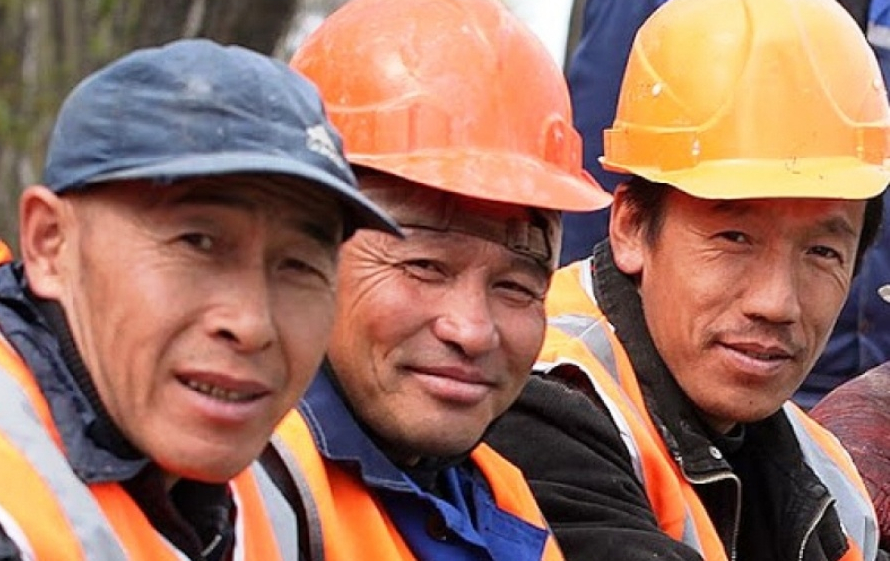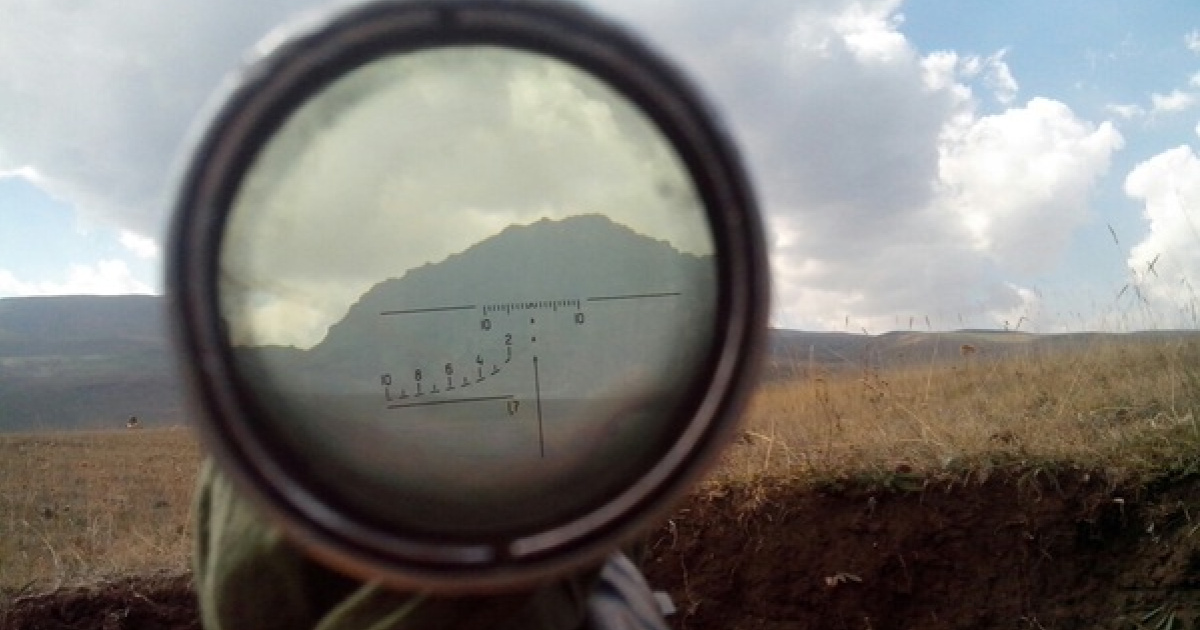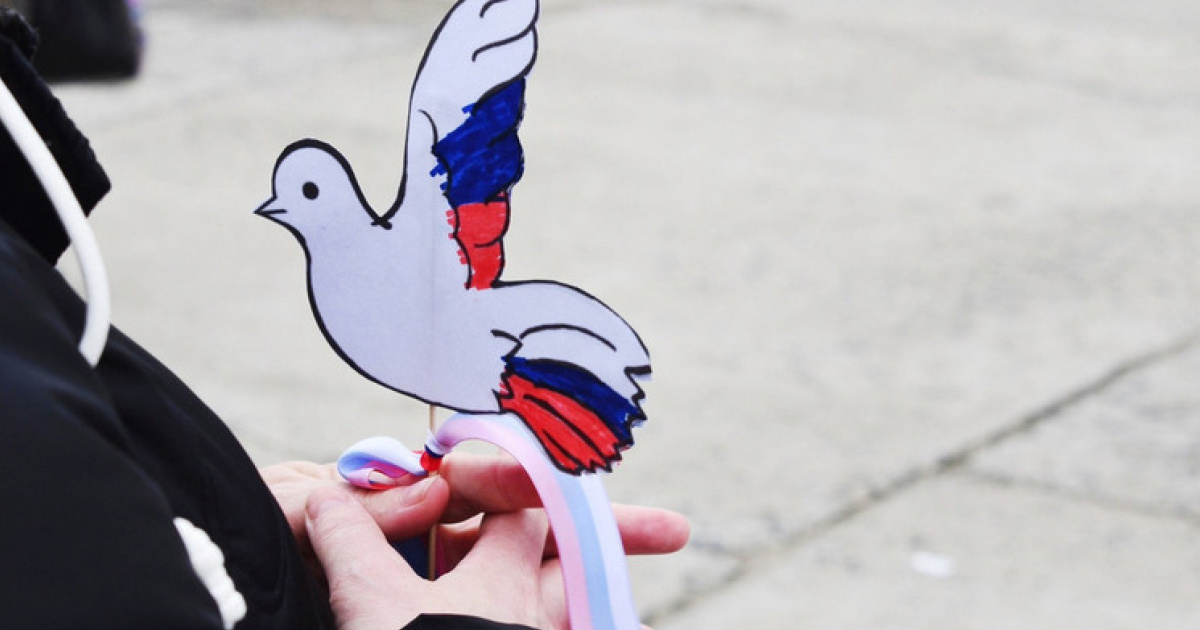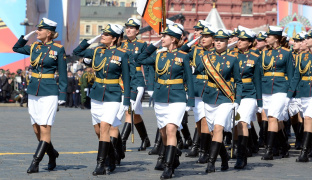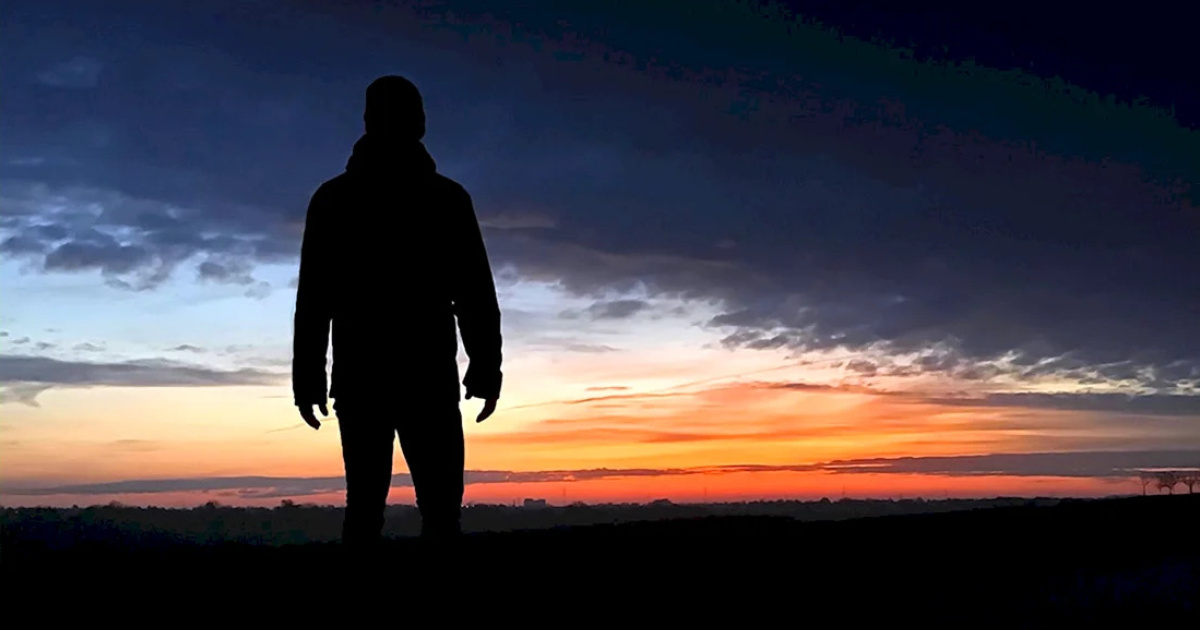People in the front-line towns which are under constant shelling do not like to say "ATO". But a real war is going on in the understanding of their residents.
The correspondent of OstroV spent a few days in three villages (Marinka, Krasnogorovka and Granitnoye) and saw with his own eyes how people live, literally on the fire line. Shelling at these villages does not stop today. You can read an article about Granitnoye HERE.
This article is about Marinka and Krasnogorovka. Despite the fact that both of these villages are shelled by militants, life is different there.
"It's a torture." Marinka checkpoint
At 10 a.m. our group arrived at Marinka checkpoint - a place where people cross the demarcation line. At that time there was already a queue of 300 people in the direction of the occupied part of Donetsk region. After talking with these people, it turns out that many had to stand in the queue for 4-5 hours.
Cars spend there from 10 hours to 1.5-2 days. There were about 100 vehicles in the queue.
It should be noted that the situation in the queue is rather tense: people are unhappy with the passing system, complaining that it is necessary to stand for hours under the scorching sun. After seeing that journalists came, some of them began to shout at us, blaming us in all the deadly sins.
One of the older women asked us not to call them separatists "in our Kiev" as they are "the same people as you."
"Anyways, you will not show the whole truth. Go away," - shouted someone from the crowd.
"You come and film. You had better stop the war and change authorities in Kiev. Your filming here doesn’t help us much," - said the old man.
"How long will you goof on people? Look at the conditions in which we have to stand for hours to get home, so even animals are not goofed on to such extend?" - said one woman with tears in her voice.
Some people brought folding chairs as there are only several banks near the checkpoint, there is a separate queue to them. You can go to the toilet only with a closed nose and strong mentality. It seems that it has not been cleaned since the checkpoint was established. People have to stand next to it and endure the unbearable odours, as the toilet is located along the line. "It is a torture," - said the young girl, coming out of there.
The flow of those wishing to leave the occupied territory is also very large. According to people leaving/entering the territory controlled by the Ukrainian authorities, queues at checkpoints in the direction of the "DPR" move slowly, because travellers are checked very carefully. People refuse to comment, just shrug and ask not to film them. "Tired. I stood there for a long time ... a lot of people," - said one of the women.


Marinka checkpoint
"Who needs us?" Marinka
Marinka is considered to be one of the hottest spots on the front line. Militants shell the town daily and subversive groups regularly attempt to attack the territory of the town. Marinka is conventionally divided into two parts: the red zone and normal. One part is completely under the control of the Ukrainian authorities and no major military operations are carried out the any longer and the other one is the epicentre of the clashes.
"I live in the so-called "red zone", but I work in the city center. I have to cross military checkpoints every day and you can do it with special permits," - says Natalya, resident of Marinka.
Despite the constant attacks and close location to the positions of the "DPR" (several hundred meters), the city is full of Ukrainian symbols. All the pillars are painted with yellow and blue colours, Ukrainian flags hang on many buildings. According to local residents, Ukrainian TV channels are broadcast without any problems. People in the city say that it is a part of Ukraine.
We arrived on Orthodox holiday - the Day of Kazan Mother of God. It was sunny, women in headscarves walked out of the church smiling and stopped to congratulate on the holiday. Grass was being cut near the church, next to it there was a brisk trade on the local market and it did not look like war. But it is only at first glance until we reached the ruined district police department.



Marinka center




Marinka district police department
While we were standing near the former police department, a woman on the bicycle drove up to us and asked who and where from we were. We told that we came to find out how the locals lived, what problems and needs they had. Yelena (that’s her name) just waved with her hand and said that real life in Marinka started at night...
- If you stay here for a week, you will understand everything. And then you come for an hour and we stay here. They start shooting at 9p.m., projectiles are flying, it is impossible to sleep. Sometimes we cannot sleep at night because of explosions and we need to go to work in the morning, - she says.
- And why don’t you go to safer cities and towns? - we ask the most frequent question.
- Where to go? Who needs us? Where can I find a job to earn enough money to rent an apartment and pay for food? We have nowhere to escape, understand it.
Then she asks us to convey (to whom?) to put everything to end and it to become like before.
Next we go to the private sector of Marinka. The war left more visible traces there. Almost every house was damaged by shelling. Many of the windows are boarded up or clogged with bricks. We see two girls of 10 in the street, they run and play on the background of the destruction without adult supervision
- Not scary? - we are interested.
- No, we're used to ... And are you for Ukraine? - says one of the girls.
- Yes.
- Thank God, - she sighs and makes a cross.
The day after our departure the ATO headquarters reported on the subversive groups of the enemy trying to enter the territory of Marinka. Fortunately, they failed.





Private sector in Marinka
"I remember the war. It wasn’t like that." Krasnogorovka
When enetering Krasnogorovka, destroyed ATB supermarket and gas station welcomed us. It seemed that no people were in sight: around us there was only destruction and empty roads affected by the attacks.
"People live in this house," - tells us local resident Nikolay. I can’t understand it, seeing how destroyed it is.
Zinaida nods and shows her apartment on the second floor. Windows are boarded up. He says that it is safer and even "at night shelling doesn’t shine."
There is a small grocery store o n the ground floor of the house. Locals like to come here and talk.

ATB at the entrance into the city

Petrol Station

People continue to live in this house

Local store
Then we were brought to a residential house that was heavily shelled last month. We met a few locals in the yard. A conversation started.
- How do you live under constant attacks? - we ask.
- That's how we live. They shoot every day, mainly at night. Sometimes they hit the house, sometimes - not. The noise is already ringing in the ears. Go to the military position, 300 meters away from the house, just ask why they shoot at us, - answered a man.
- Who shoots?
- What does it mean who? National Guard! - he says confidently.
The rest of the locals just nod their head ...
The first entrance of the house was hit by a shell on June 15th, 2016, several people got injured and were left homeless. But some people, whose apartments weren’t heavily affected, decided not to leave the house and continue to live there.
"My wife was at home when the house was shelled, her heel was torn off, now she is in the hospital, the daughter is taking care of her. She survived miraculously, thank God. And I got a room in the hostel, now I live there. I come here to grow tomatoes... We had such a flat, such a flat. We had a good life, we also bought a flat in this house for our daughter. We are now homeless," – said Alexander.
There is a small vegetable garden near the house where he grows vegetables, herbs, berries and fruits. The road is covered with overripen apricots - locals do not have time to collect them.








Results of the shelling that took place on June 15th, 2016. Some residents still live in dilapidated apartments
One grandmother suddenly took me by the hand and asked to come to her apartment to show results of the shelling. She did not need any help from me, she did not complain, she just wanted to tell how she lived under constant "bombing". Grandmother is called Maria, she is 82 years old and it is the second war in her life.
"I remember the war. It wasn’t like that," - she says, leading to her apartment in the dilapidated house.
She showed me cans with water in the corridor, a little further - berries and herbs that she dries for the winter. But most of all she wants to show results of the attacks, bullet traces and broken windows ...
"Something they disliked school, it’s almost ruined, they shell it every night. It was such a good school, new," - she said, pointing out at the school out of the window.
Maria also said that she often prepared food on the fire in the yard. But only in the afternoon. When it gets dark, you can get under shelling because "fire attracts projectiles."

Maria

Local school

Self-made kitchen in the yard where locals cook food

People have lunch and dinner at that table
Locals complained separately that they had only Russian and separatist channels on TV. The is no Ukrainian radio, no newspapers. No wonder that they blame the National Guard for daily shelling of their houses.
"If only they brought some newspaper, it would be better. There is nothing Ukrainian here," - asked one woman.
There are many dogs in the yard. They ran up to us and asked for food, they played. But one animal drew attention not only by its zest for life but also appearance. The dog has no lower jaw. Locals say that the shell pulled it apart.
"But it doesn’t get discouraged. He eats lying down, on the side, licking all that is given. It eats even cucumbers, drinks fruit drinks. We try to take care of the animals, feed them. I love them more than people. They do or wish no evil, they are devoted. I'd rather not eat enough, but I'll feed them," -tells us local resident Irina.
The crippled and hungry dog wags happily with its tail, trying to play and show that it wants to live in spite of everything.
"Do not forget about us. Take care of us, please," - shouts Irina.

Dog without the lower jaw that was pulled apart by a shell
Vladislav Bulatchik, OstroV
